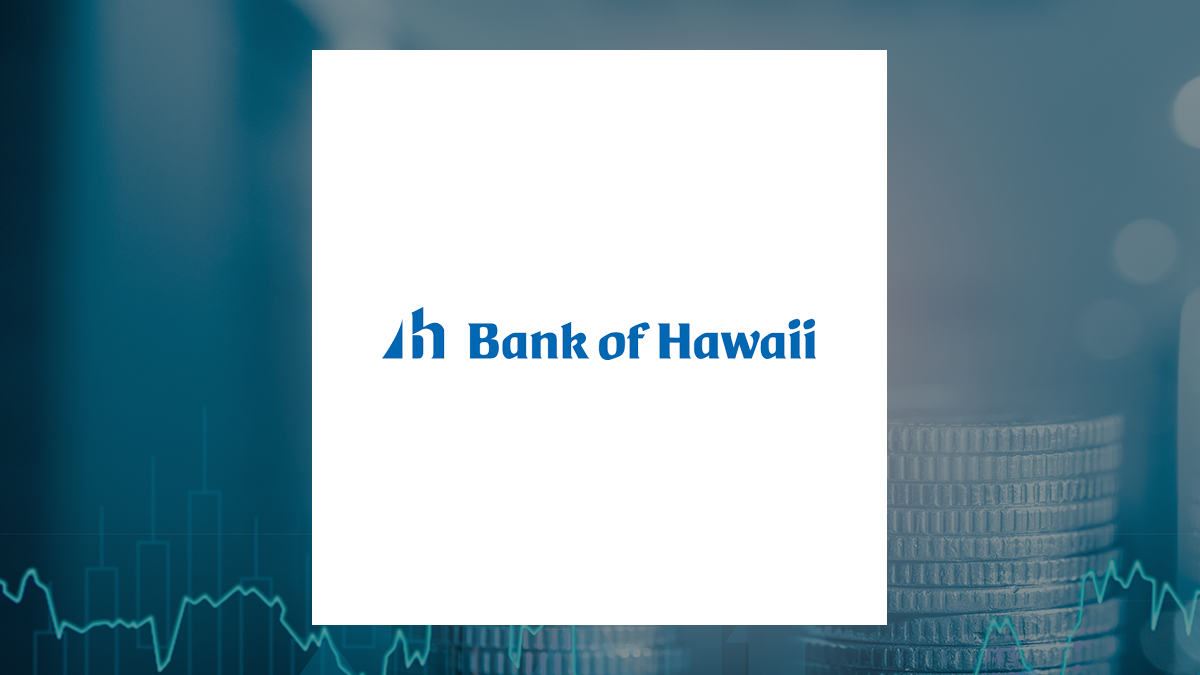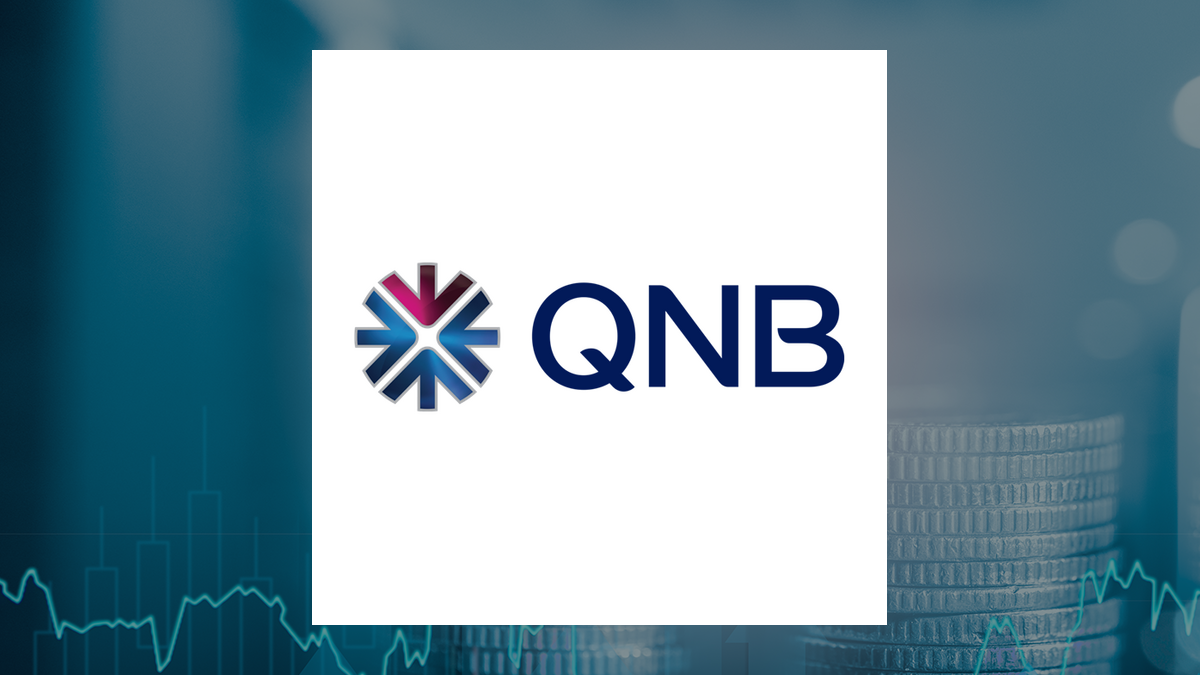Bank of Hawaii (NYSE:BOH – Get Free Report) and QNB (OTCMKTS:QNBC – Get Free Report) are both finance companies, but which is the superior business? We will contrast the two businesses based on the strength of their institutional ownership, earnings, risk, profitability, dividends, valuation and analyst recommendations.
Dividends
Bank of Hawaii pays an annual dividend of $2.80 per share and has a dividend yield of 4.2%. QNB pays an annual dividend of $1.48 per share and has a dividend yield of 4.9%. Bank of Hawaii pays out 72.2% of its earnings in the form of a dividend. QNB pays out 67.6% of its earnings in the form of a dividend. Both companies have healthy payout ratios and should be able to cover their dividend payments with earnings for the next several years. QNB is clearly the better dividend stock, given its higher yield and lower payout ratio.
Volatility & Risk
Bank of Hawaii has a beta of 1.05, indicating that its share price is 5% more volatile than the S&P 500. Comparatively, QNB has a beta of 0.52, indicating that its share price is 48% less volatile than the S&P 500.
Earnings and Valuation
| Gross Revenue | Price/Sales Ratio | Net Income | Earnings Per Share | Price/Earnings Ratio | |
| Bank of Hawaii | $635.91 million | 4.12 | $171.20 million | $3.88 | 17.01 |
| QNB | $73.92 million | 1.49 | $9.48 million | $2.19 | 13.70 |
Bank of Hawaii has higher revenue and earnings than QNB. QNB is trading at a lower price-to-earnings ratio than Bank of Hawaii, indicating that it is currently the more affordable of the two stocks.
Institutional & Insider Ownership
82.2% of Bank of Hawaii shares are owned by institutional investors. Comparatively, 0.7% of QNB shares are owned by institutional investors. 2.1% of Bank of Hawaii shares are owned by company insiders. Comparatively, 16.0% of QNB shares are owned by company insiders. Strong institutional ownership is an indication that large money managers, hedge funds and endowments believe a company is poised for long-term growth.
Profitability
This table compares Bank of Hawaii and QNB’s net margins, return on equity and return on assets.
| Net Margins | Return on Equity | Return on Assets | |
| Bank of Hawaii | 14.54% | 12.25% | 0.64% |
| QNB | 10.28% | 9.61% | 0.50% |
Analyst Ratings
This is a summary of current ratings and recommmendations for Bank of Hawaii and QNB, as reported by MarketBeat.
| Sell Ratings | Hold Ratings | Buy Ratings | Strong Buy Ratings | Rating Score | |
| Bank of Hawaii | 3 | 2 | 0 | 0 | 1.40 |
| QNB | 0 | 0 | 0 | 0 | N/A |
Bank of Hawaii presently has a consensus price target of $59.00, indicating a potential downside of 10.59%. Given Bank of Hawaii’s higher possible upside, equities analysts clearly believe Bank of Hawaii is more favorable than QNB.
Summary
Bank of Hawaii beats QNB on 11 of the 14 factors compared between the two stocks.
About Bank of Hawaii
 Bank of Hawaii Corporation operates as the bank holding company for Bank of Hawaii that provides various financial products and services in Hawaii, Guam, and other Pacific Islands. It operates in three segments: Consumer Banking, Commercial Banking, and Treasury and Other. The Consumer Banking segment offers checking, savings, and time deposit accounts; residential mortgage loans, home equity lines of credit, automobile loans and leases, overdraft lines of credit, installment loans, small business loans and leases, and credit cards; private and international client banking, investment, credit, and trust services to individuals and families, as well as high-net-worth individuals; investment management; institutional investment advisory services to corporations, government entities, and foundations; and brokerage offerings, including equities, mutual funds, life insurance, and annuity products. The Commercial Banking segment provides corporate banking, commercial real estate loans, commercial lease financing, auto dealer financing, and deposit products. This segment also offers commercial lending and deposit products to middle-market and large companies, and government entities; commercial real estate mortgages to investors, developers, and builders; and international banking and merchant services. The Treasury and Other segment provides corporate asset and liability management services, including interest rate risk management and foreign exchange services. Bank of Hawaii Corporation was founded in 1897 and is headquartered in Honolulu, Hawaii.
Bank of Hawaii Corporation operates as the bank holding company for Bank of Hawaii that provides various financial products and services in Hawaii, Guam, and other Pacific Islands. It operates in three segments: Consumer Banking, Commercial Banking, and Treasury and Other. The Consumer Banking segment offers checking, savings, and time deposit accounts; residential mortgage loans, home equity lines of credit, automobile loans and leases, overdraft lines of credit, installment loans, small business loans and leases, and credit cards; private and international client banking, investment, credit, and trust services to individuals and families, as well as high-net-worth individuals; investment management; institutional investment advisory services to corporations, government entities, and foundations; and brokerage offerings, including equities, mutual funds, life insurance, and annuity products. The Commercial Banking segment provides corporate banking, commercial real estate loans, commercial lease financing, auto dealer financing, and deposit products. This segment also offers commercial lending and deposit products to middle-market and large companies, and government entities; commercial real estate mortgages to investors, developers, and builders; and international banking and merchant services. The Treasury and Other segment provides corporate asset and liability management services, including interest rate risk management and foreign exchange services. Bank of Hawaii Corporation was founded in 1897 and is headquartered in Honolulu, Hawaii.
About QNB
 QNB Corp. operates as the bank holding company for QNB Bank that engages in the provision of commercial and retail banking products, and retail brokerage services. It offers various deposit products, which include demand and savings accounts, such as money market, interest-bearing demand, club, traditional statement savings, and online savings accounts; and time deposits comprising certificates of deposit and individual retirement accounts. The company also provides commercial and industrial loans, commercial and residential real estate loans, construction and land development loans, indirect lease financing, 1-4 family residential mortgage loans, home equity loans and lines of credit, and consumer loans. In addition, it offers retail brokerage and advisory services; credit cards and insurance products; merchant services; ATM and debit card services; and internet and mobile-banking, electronic bill pay, and remote deposit capture services. The company serves other community banks, thrift institutions, credit unions and other non-bank financial organizations, such as mutual fund companies, insurance companies, and brokerage companies. QNB Corp. was founded in 1877 and is based in Quakertown, Pennsylvania.
QNB Corp. operates as the bank holding company for QNB Bank that engages in the provision of commercial and retail banking products, and retail brokerage services. It offers various deposit products, which include demand and savings accounts, such as money market, interest-bearing demand, club, traditional statement savings, and online savings accounts; and time deposits comprising certificates of deposit and individual retirement accounts. The company also provides commercial and industrial loans, commercial and residential real estate loans, construction and land development loans, indirect lease financing, 1-4 family residential mortgage loans, home equity loans and lines of credit, and consumer loans. In addition, it offers retail brokerage and advisory services; credit cards and insurance products; merchant services; ATM and debit card services; and internet and mobile-banking, electronic bill pay, and remote deposit capture services. The company serves other community banks, thrift institutions, credit unions and other non-bank financial organizations, such as mutual fund companies, insurance companies, and brokerage companies. QNB Corp. was founded in 1877 and is based in Quakertown, Pennsylvania.
Receive News & Ratings for Bank of Hawaii Daily - Enter your email address below to receive a concise daily summary of the latest news and analysts' ratings for Bank of Hawaii and related companies with MarketBeat.com's FREE daily email newsletter.
